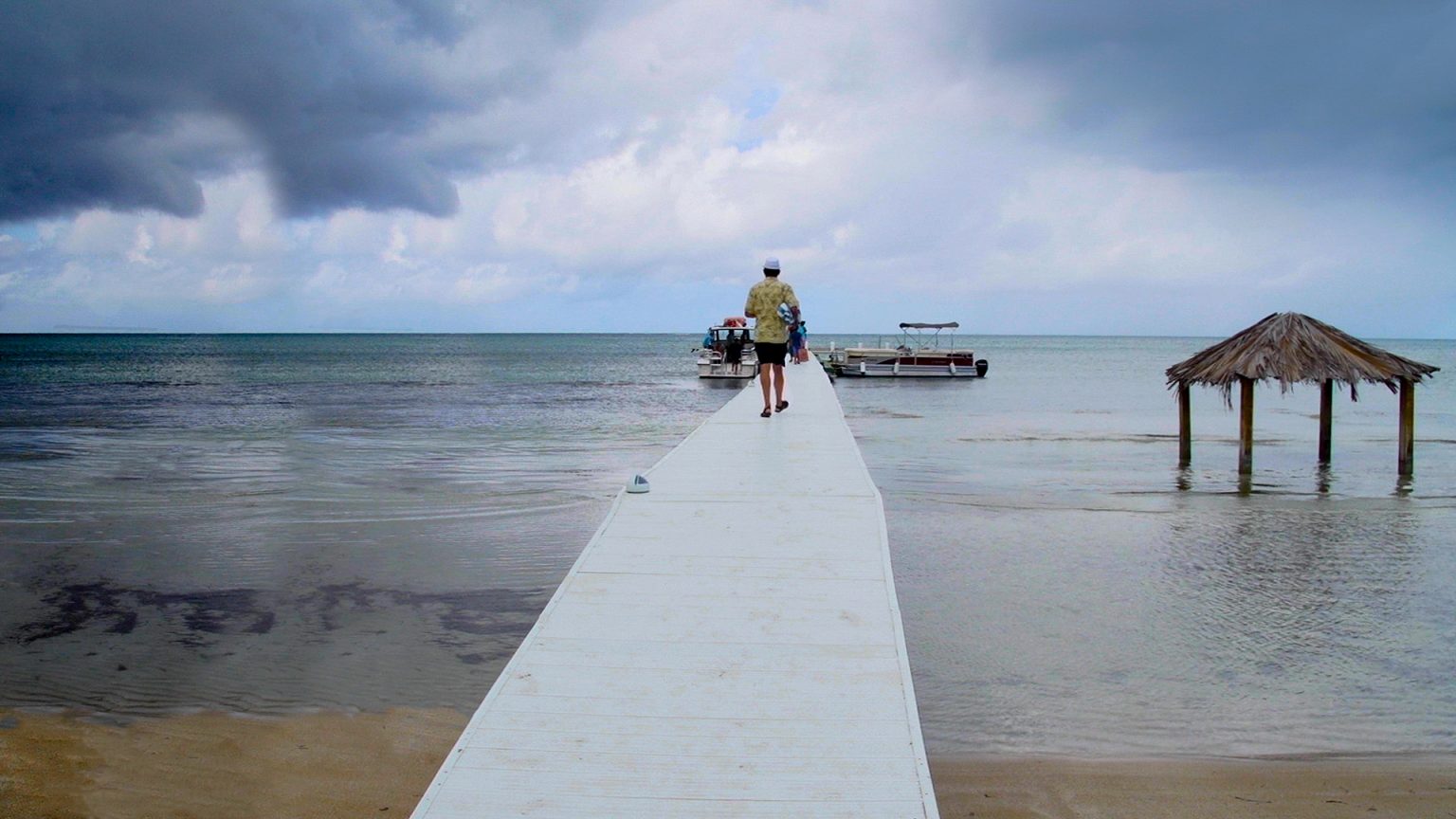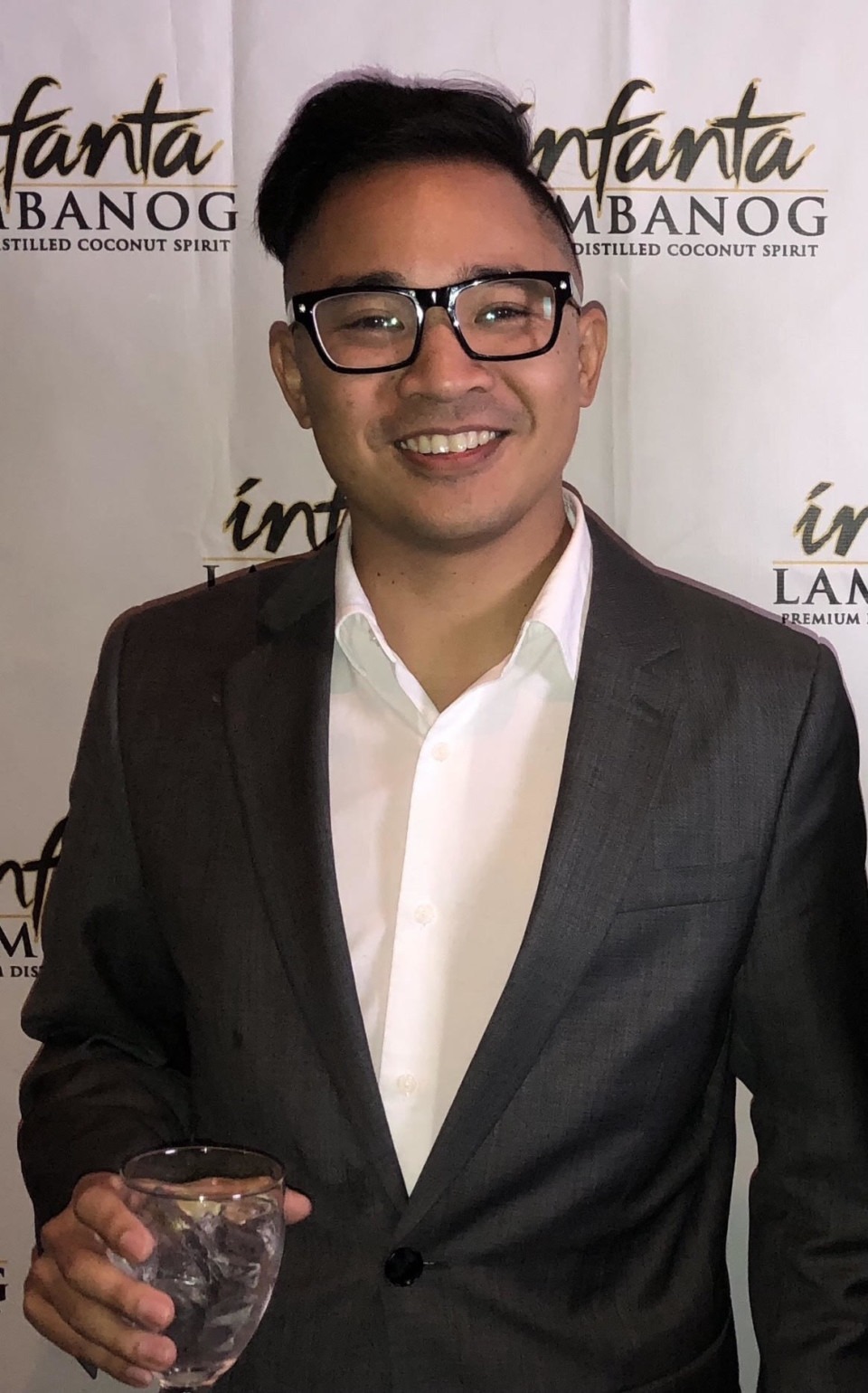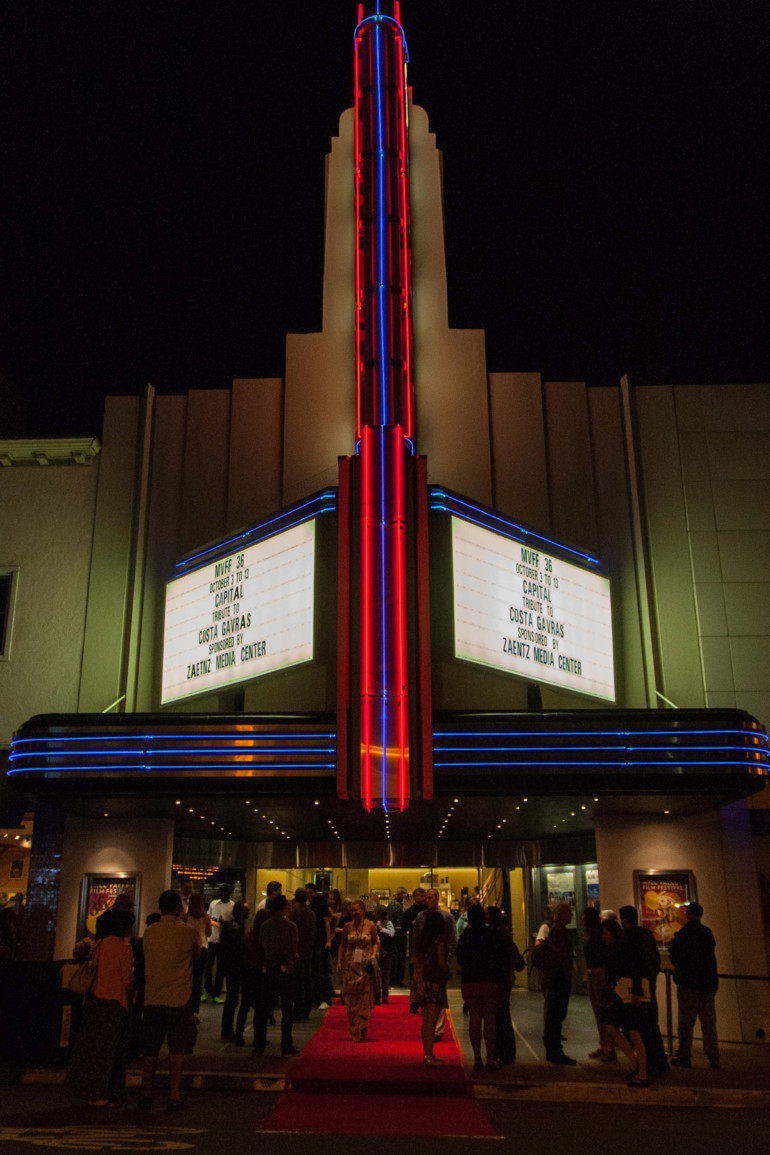It’s been quite the journey, but the Mill Valley Film Festival (MVFF) is finally back in full force. After pivoting to become an almost entirely virtual event in 2020 in response to Covid-19, MVFF welcomed audiences back to the theater in a limited capacity in 2021. Now, with updated public health and safety guidelines in effect, the festival, running Oct. 6–16, will look and feel a lot closer to how it did pre-pandemic.
“It’s been incremental growth, but we’ll be operating pretty close to how we were in 2019,” says MVFF Executive Director Mark Fishkin. “We’re feeling really good about how we’ve been expanding as an event.” While the health and safety of audience members remains the top priority for Fishkin and his team, they are now able to offer a full, in-person festival experience once again. And in some ways, MVFF will be extending its reach further than ever before.
This year, several theaters across the Bay Area will join the Smith Rafael Film Center in San Rafael and the Sequoia in Mill Valley in hosting the festival. Returning to the venue lineup for the first time since before the pandemic are Larkspur’s Lark Theater and the Berkeley Art Museum and Pacific Film Archive. And for the first time ever, MVFF will bring its slate of innovative cinema to San Francisco, with two nights at the city’s beloved Roxie Theater in the historic Mission District.
“We understand that not everybody wants to drive out to Marin County and would rather watch the films at their home theater,” Fishkin says. “Their audience loves experimental and arthouse film, and The Roxie has been an institution in the Mission for many years. We felt it would be a great partnership.”

A Mission District legend in his own right, Afro-Latin musician and Grammy winner John Santos will be highlighted in music doc Santos — Skin to Skin, one of the highlights of the festival’s recurring “Viva El Cine” initiative. Another MVFF, initiative, “Active Cinema,” looks to be stronger than ever this year according to MVFF Director of Programming Zoe Elton, who has every confidence that this will be a “vintage year” for documentaries that underscore sociopolitical issues. “This year’s films will really inspire people to take action,” she beams. “These screenings will feature live conversations with the filmmakers, subjects and experts on various, meaningful topics.”
The expanded roster of theaters also means that matinee screenings will make a return, giving audience members more opportunities to attend high-profile screenings that were more difficult to secure a ticket for last year. “We really want this year’s festival to be audience-friendly,” Fishkin says. “We strive to have the same kind of attendance and engagement as we did pre-pandemic and show people films that move and entertain them.”
Perhaps the only thing better than watching Oscar-worthy movies at MVFF is chatting about them afterward with fellow festivalgoers. Parties and industry events are essential to MVFF, and this year there will be ample opportunities to gather and celebrate the best in film in beautiful Marin County. From film-related concerts at the Sweetwater Music Hall to exclusive industry panels at the Outdoor Art Club and a lavish closing night party, MVFF plans to, in Fishkin’s words, “put the ‘festive’ back in ‘festival.’”
It’s difficult to predict how the world will look in the future, but that hasn’t stopped Fishkin and his team at the California Film Institute from thinking big. “We want to give audiences across the Bay Area access to incredible films that also play in Toronto, Venice, London and New York,” Fishkin says. “I think the festival will do well this year and be close to that pre-pandemic experience. And it may be even larger next year!”

Bernard Boo is an AAPI arts and entertainment critic, Bay Area native and proud member of the San Francisco Bay Area Film Critics Circle. Find more of his work at PopMatters, Den of Geek and Rotten Tomatoes, and listen to him on the Your Asian Best Friends podcast.


